Caleb Azumah Nelson
Caleb Azumah Nelson
Caleb Azumah Nelson
Caleb Azumah Nelson
Caleb Azumah Nelson
Caleb Azumah Nelson
Caleb Azumah Nelson
Caleb Azumah Nelson
Caleb Azumah Nelson
Caleb Azumah Nelson
Caleb Azumah Nelson
Caleb Azumah Nelson
Caleb Azumah Nelson
Caleb Azumah Nelson
Caleb Azumah Nelson
Caleb Azumah Nelson, Writer
Sea, near Andalusia
00:00 / 03:53
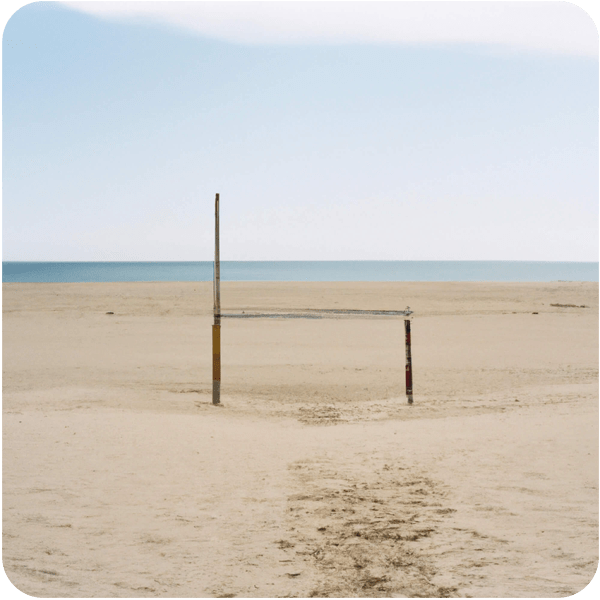
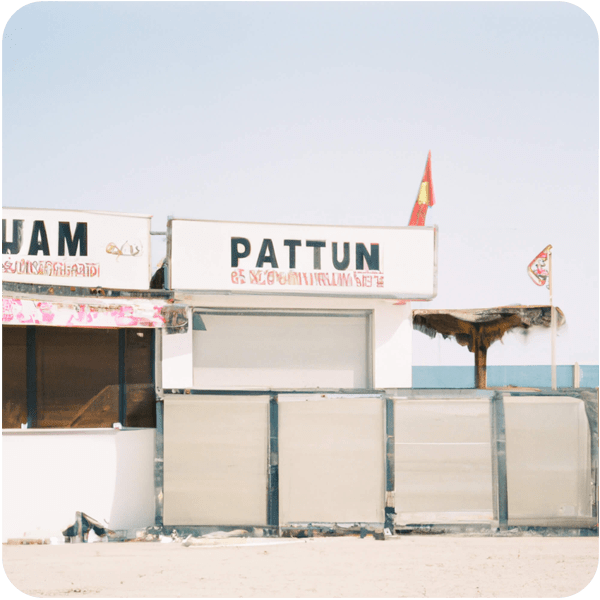
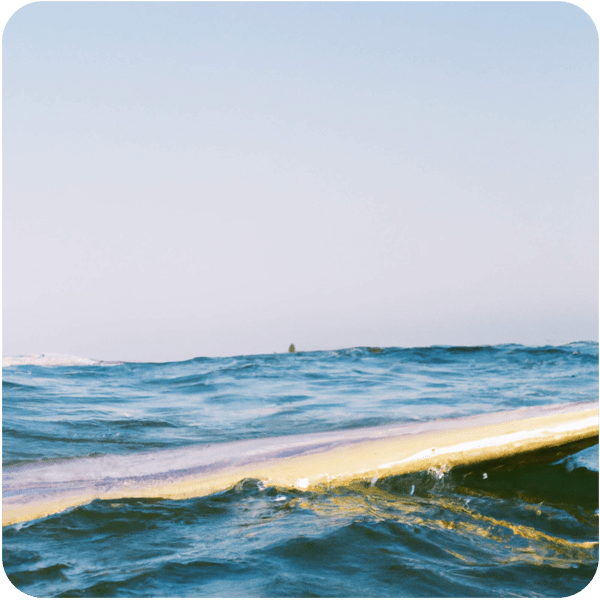
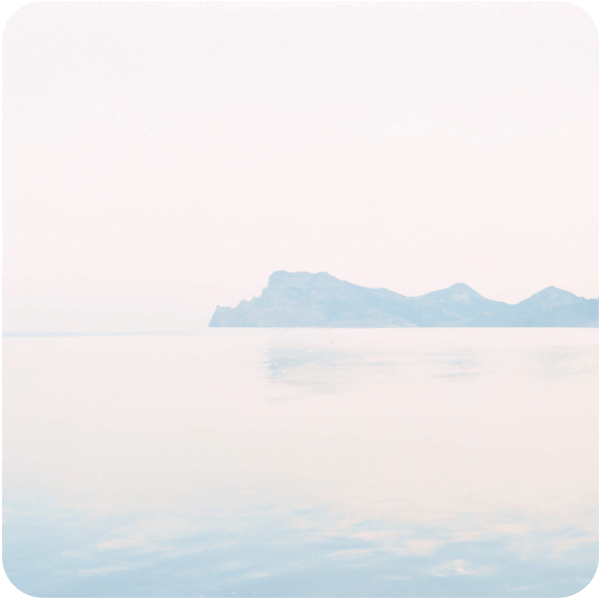
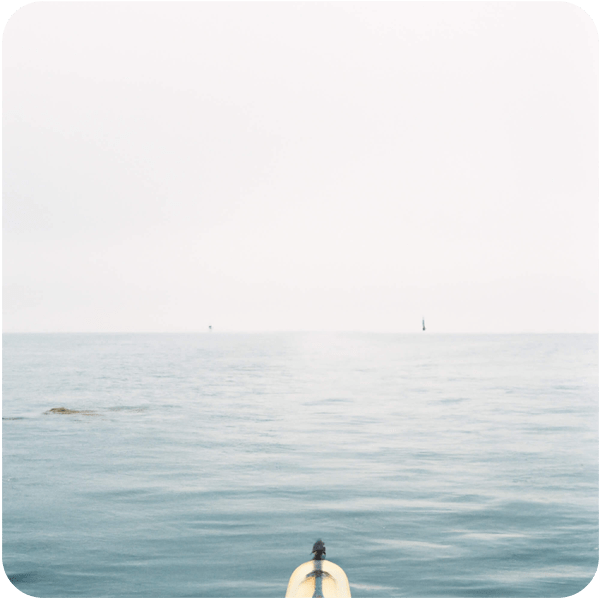
When I was in my teenage years, I would go on holiday
with my best friend and his family to the south of Spain
to this really tiny beach called El Palmar.
And it was this, like, stretch of sand and sea and a handful of bars and restaurants.
And later on, there was this really, like, seedy bar with a pool in it
which loads of, like, young people would gather in and kinda, like, posture
and, kind of like do that... Do that thing where people were
looking at each other and not saying anything but trying to say stuff.
But it was a really magical sort of place. And when I went there
maybe, like, 19 or 20 on my own, I wanted to have that
same sort of experience of being able to go to the beach
and kind of sit and read and listen to music, but also to go swimming
or to go surfing. The waves there are really good.
In that part of the world, there are two types of wind that blow.
There’s what’s called Levante, which is like a really hot and dusty wind that,
on certain days, when the wind is too much, you can’t even be on the sand. It’s just like
sand whips up and it’s, it’s almost pointless to be outside at that point.
But then there’s the Poniente which is much cooler and is the wind that you
wanna be with. Because in the time that we would go, like, late July, August,
it was like 30, 35 degrees, and so you needed something to offset it.
And sometimes the wind just dies completely and it means that there’s no sand
coming up, there’s no waves on the water, everything just feels very still.
And I remember on one of those days, I was advised it would be,
instead of surfing, you could rent a paddle board, so like a big,
like, fiberglass board, and they give you an oar. And they‘re like,
“Just go out into the water and just paddle and row” and there’s no sort of...
There’s not even, like, much of an undertow, there’s not an undercurrent at that point.
And so I rented one of these, and I, I just started paddling
and, like, I paddled and paddled and just got lost in it.
And 45 minutes later, I, kind of, like, emerged from this strange dream
of just paddling and paddling. I just couldn’t see the shore.
I was like, “Well, I guess this is.. This is it for me.” Um, and I just had this,
this what felt like forever but was maximum five minutes of like,
pure and utter panic. I was just like, well, you know,
trying to weigh up my options, I was trying to assess, like
what’s the best course? Do I stay on the board and try and...
Or do I, like, get off the board and hang onto it as, like, a flotation device?
Um, and after this panic subsided, there was just this moment of, like
real peace… It was one of the first times that I had
really and truly, like, felt alone, but not in the way that was, like...
That I was fearful of that. I just kind of felt like I was,
like, really facing myself in that moment. Yeah, it was strange.
I sat there for, like, another 15, 20 minutes and, and was just, like,
really, in that moment. Also hyper aware that I was in the middle of nowhere
and I, I don’t know what instinct it was that kicked in, but I decided
a direction in which to row in and I just started rowing back
and rowing back, and after an hour, I made it back to shore.
And I just returned the paddle board and didn’t say anything to anyone else
I was just like, yeah, cool, I just had, like, a nice time.
But it was, like, such, like, a... It was weird.
It was, like, kind of magical. It was weird and sacred and
kind of very much, like, the first time that I felt, like, I confronted
myself and who I was. Even though there wasn’t like a real, like
kind of, like, moment of reckoning. The moment itself was the reckoning.
Caleb Azumah Nelson, writer
Sea, near Andalusia
Sea, near Andalusia